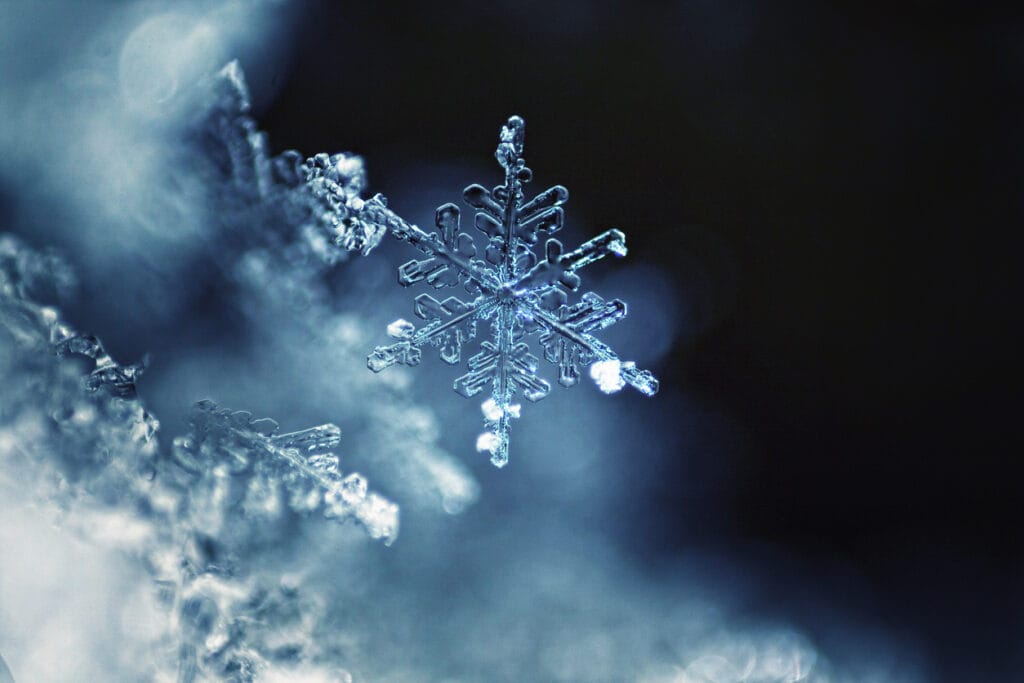
We’ve already experienced severe weather this season, and winter is just getting started. Many chilly days are yet to come. Below-freezing temperatures can lead to major headaches for homeowners when they don’t know how to prevent frozen pipes and water lines.
Often these issues can be avoided with a few simple steps.
To prevent frozen or broken pipes, it’s important to know your house. Do you have pipes that are susceptible to freezing? You may, especially if you have lines that lack significant insulation on the outside walls of your house or in unheated areas. If freezing temperatures are forecasted, and you have any such water lines, a few short-term fixes can reduce the risk.
Protect Indoor Plumbing Pipes
Open cabinet doors to allow heat to reach the pipes from the inside, and leave the faucets for these pipes open just enough to let a small amount of water flow. When you have time, address these potential freeze points by adding foam padding or insulating tape to the pipes to reduce the risks.
During long periods of extremely cold weather, ensure you routinely run all the faucets in your house. Remember that you should never let the temperature in your home dip below 55 degrees, even if you’re out of town. While it may seem more economical not to run the heat in an empty home, you’ll pay higher repair fees and may incur reconstruction costs if a pipe breaks and floods part of your house.
Winterize Outdoor Water Lines
Don’t forget your outdoor water lines! If a garden hose is still connected to a water spigot when temperatures dip below freezing, it can build up ice, build pressure in the water lines, and eventually cause a break or leak. Protecting your outdoor water lines is easy and can prevent costly repairs.
Here’s how to winterize your outdoor water lines each fall (or now if temperatures are already below freezing):
- Disconnect your garden hoses. If you store them someplace warm, they’ll last longer.
- Shut off each water valve (in the house) that controls an outside spigot. Leave these off until spring.
- With the valve in the off position, open the spigot to drain any water in the pipe. Close the spigot.
How to Thaw a Frozen Plumbing Pipe
Even though you now know how to prevent frozen pipes, you can still be prepared if a pipe does happen to freeze at your home or the home of someone you know. Try the steps below to thaw a frozen pipe.
- To spread the heat inside the home to the areas with the frozen pipes, open cabinet doors for pipes under a sink or open access doors to garages or unfinished areas of your house. Turn on a space heater.
- Warm the frozen section with a towel wetted with warm water, or use a hair dryer.
- Turn off your main shut-off valve for the house if you suspect a broken or leaking pipe; this will prevent further problems as the ice in the pipe melts.
If these tips don’t work, call Fitch Services in Charlottesville for help before the pipe breaks, or you experience damage to your water lines! We provide 24-hour emergency service, so there’s no reason to wait. Schedule an appointment at (434) 296-9980 or use our contact form.



